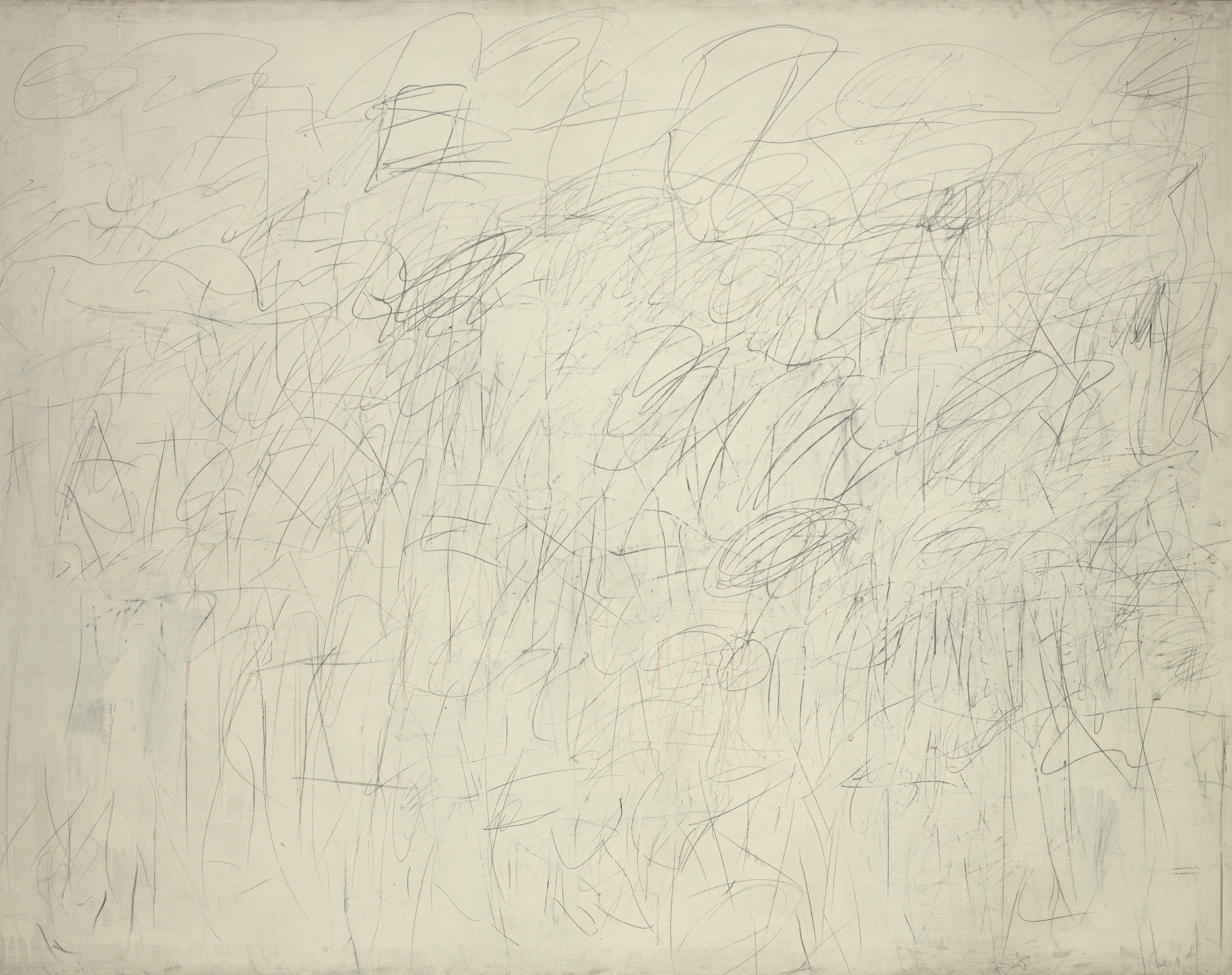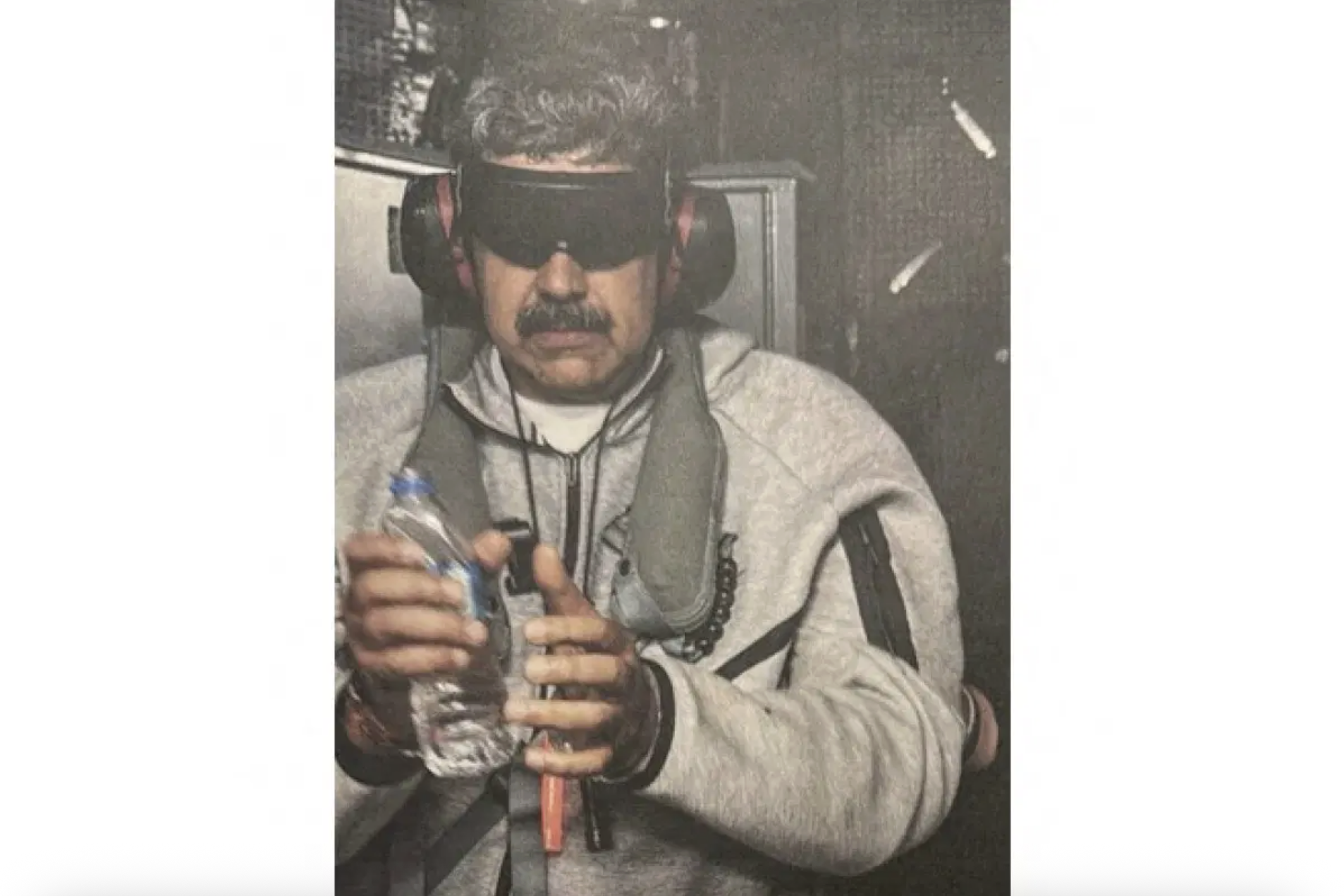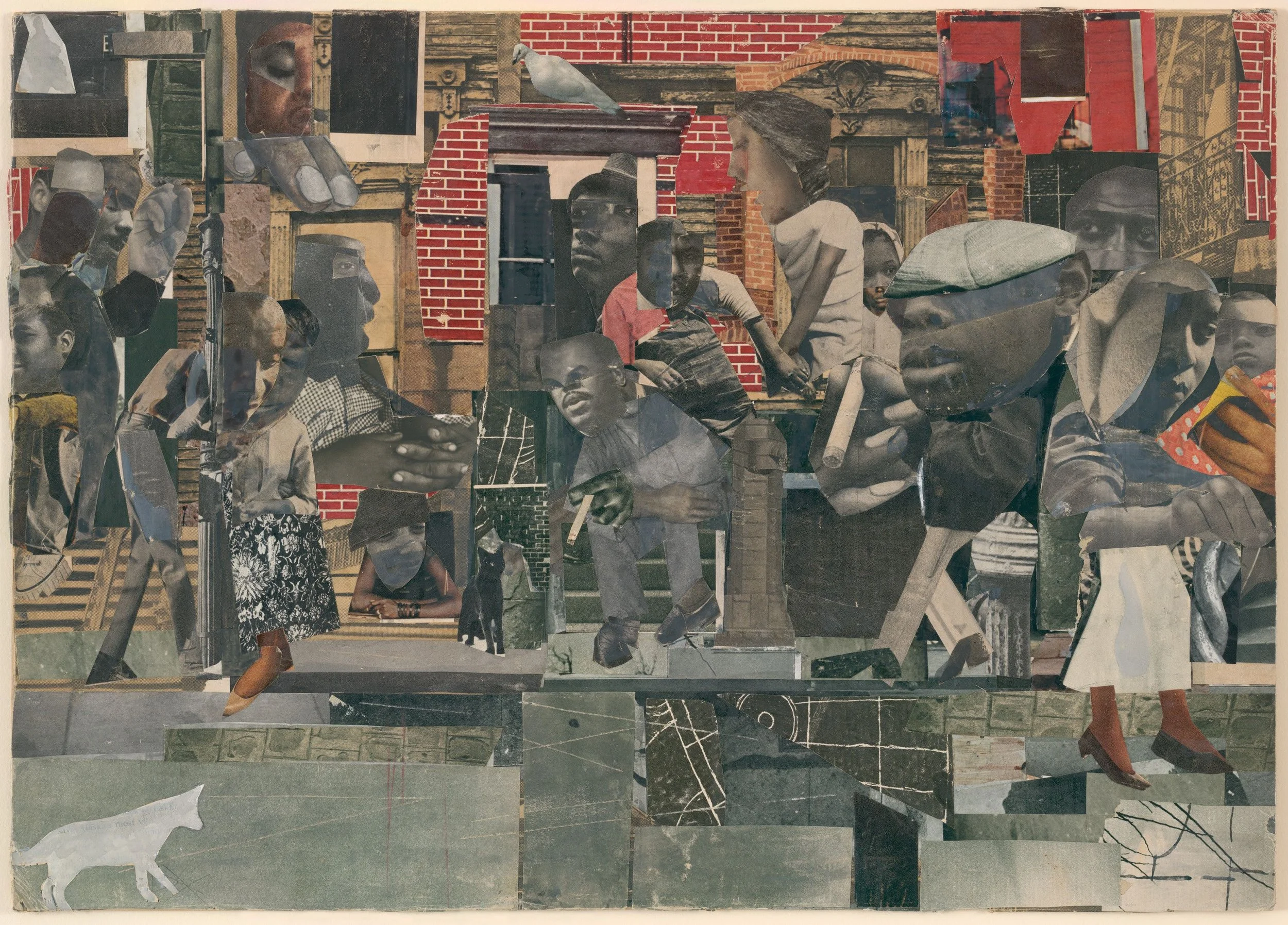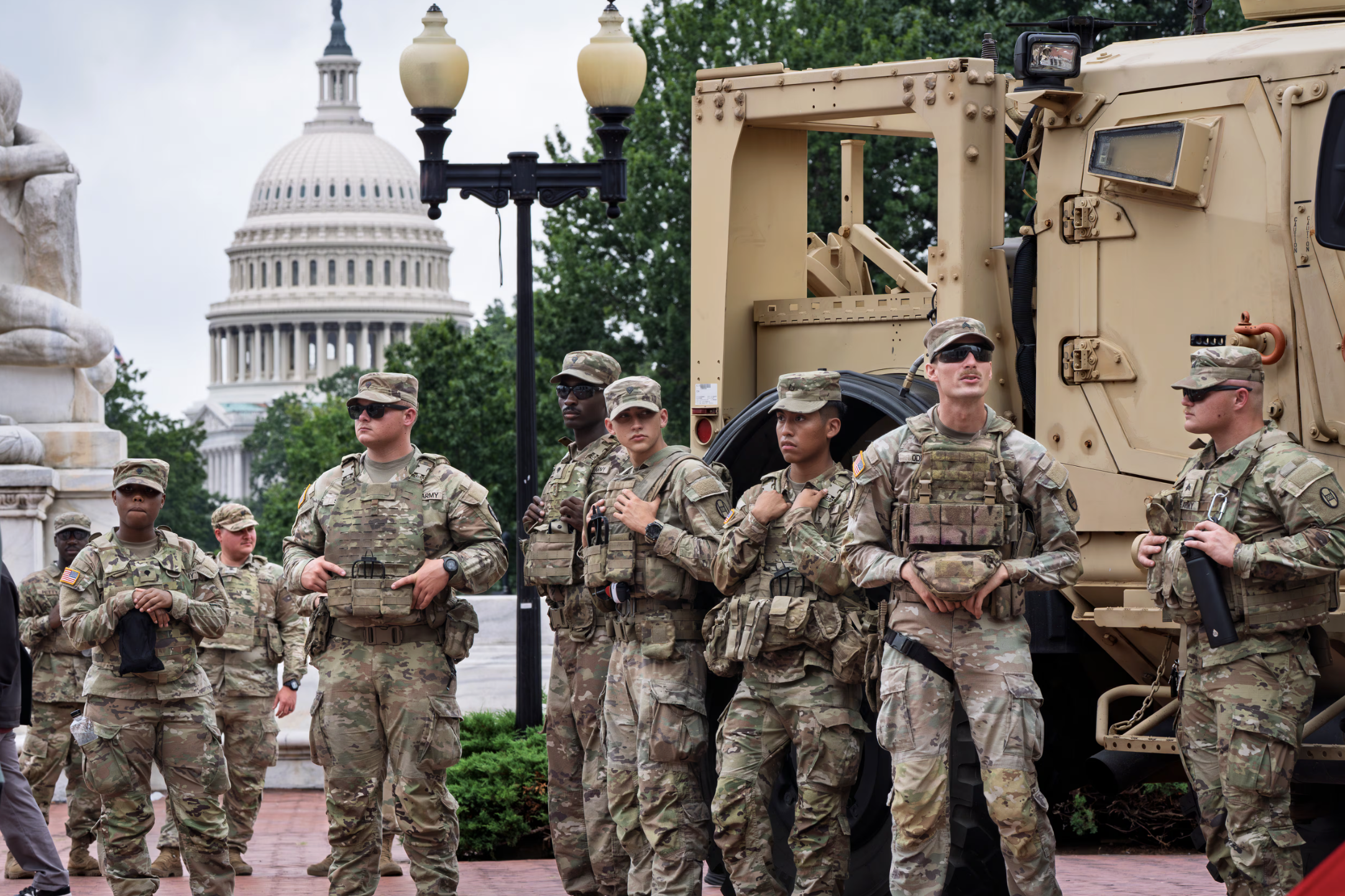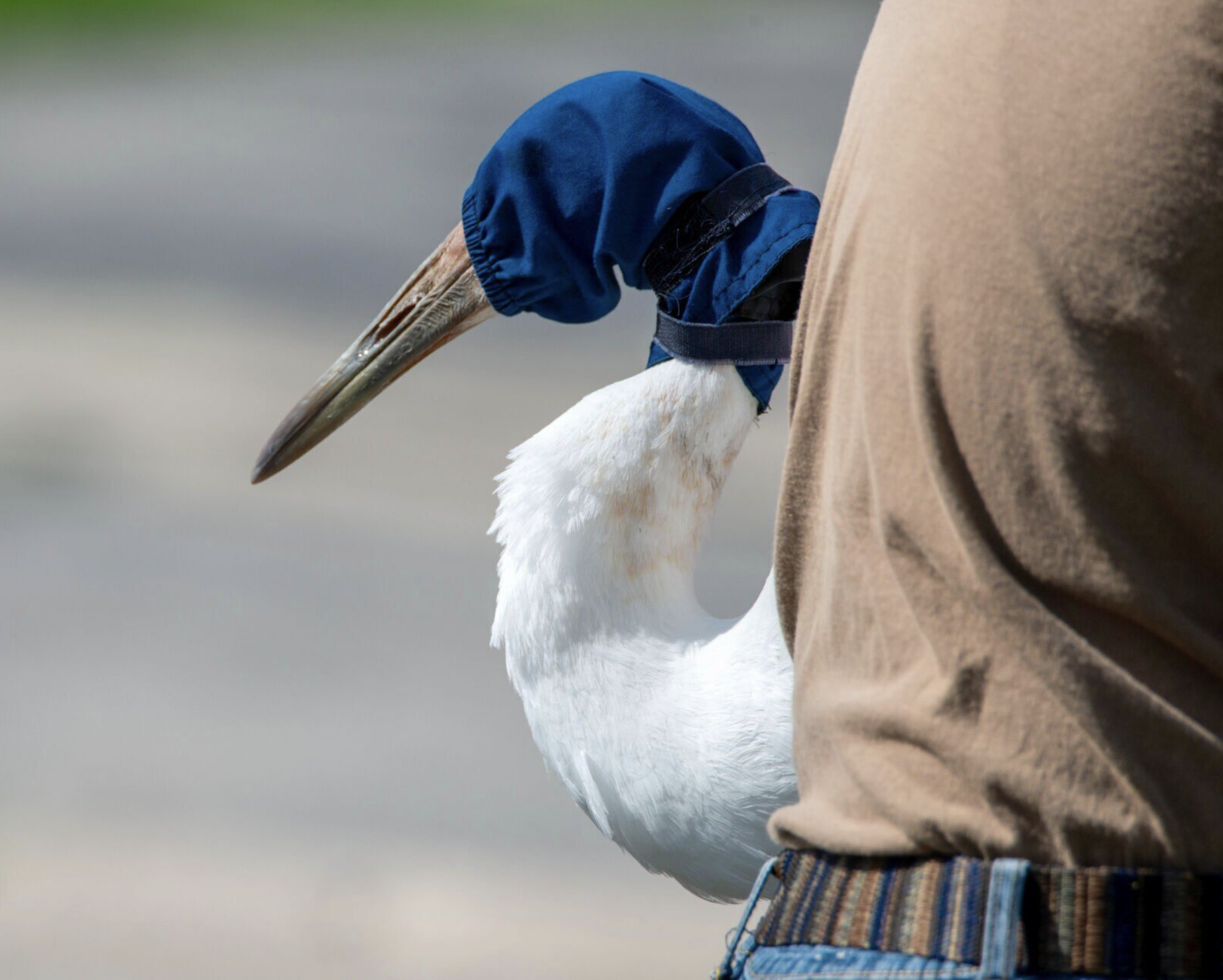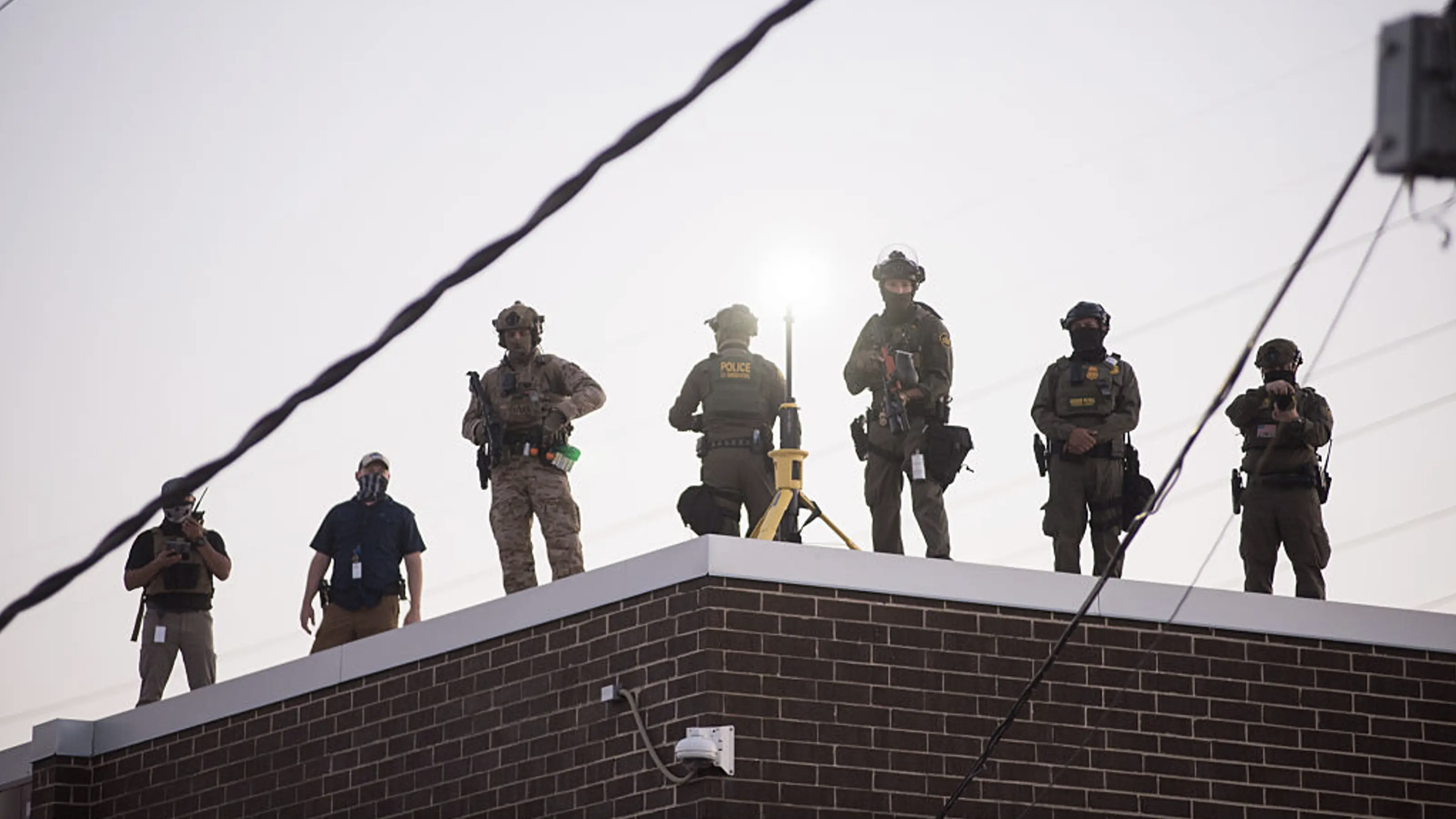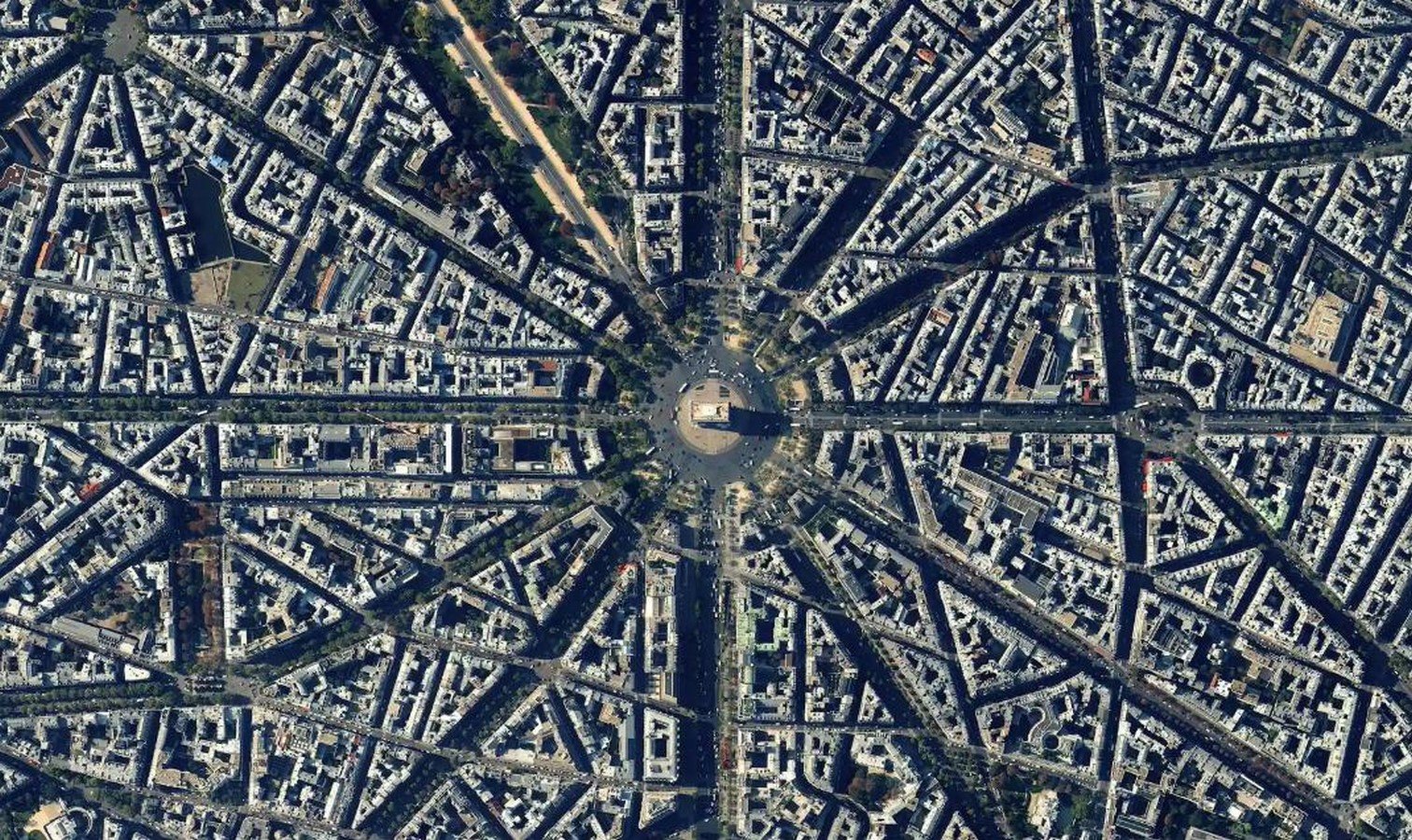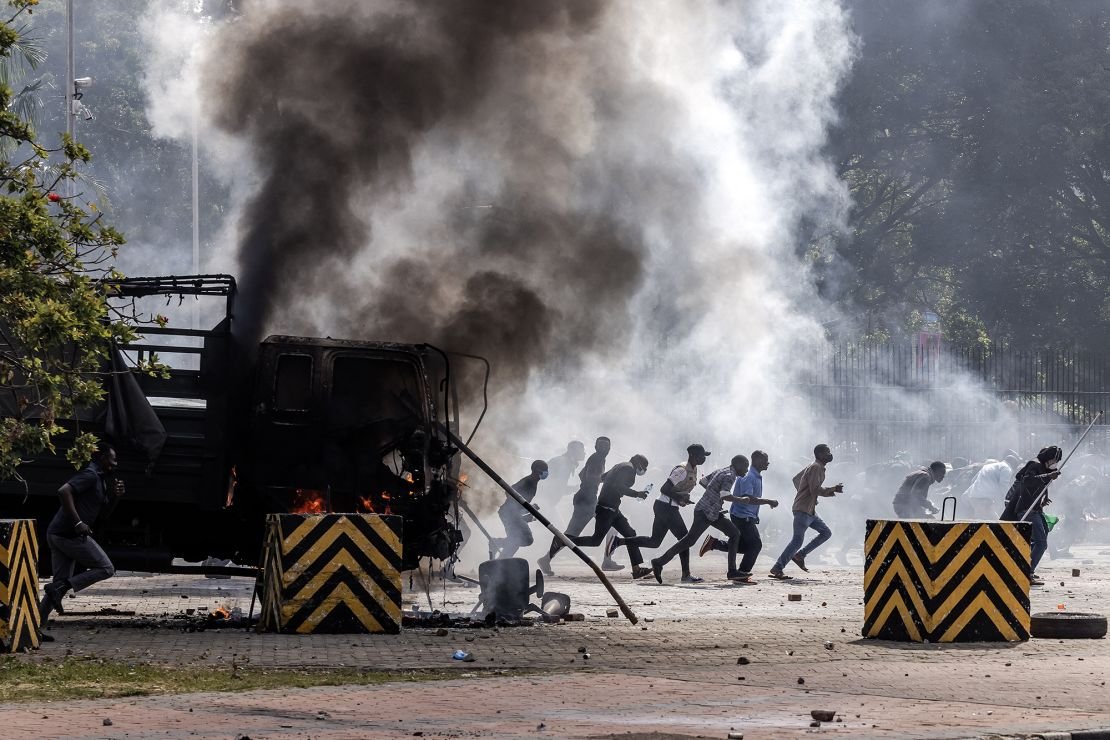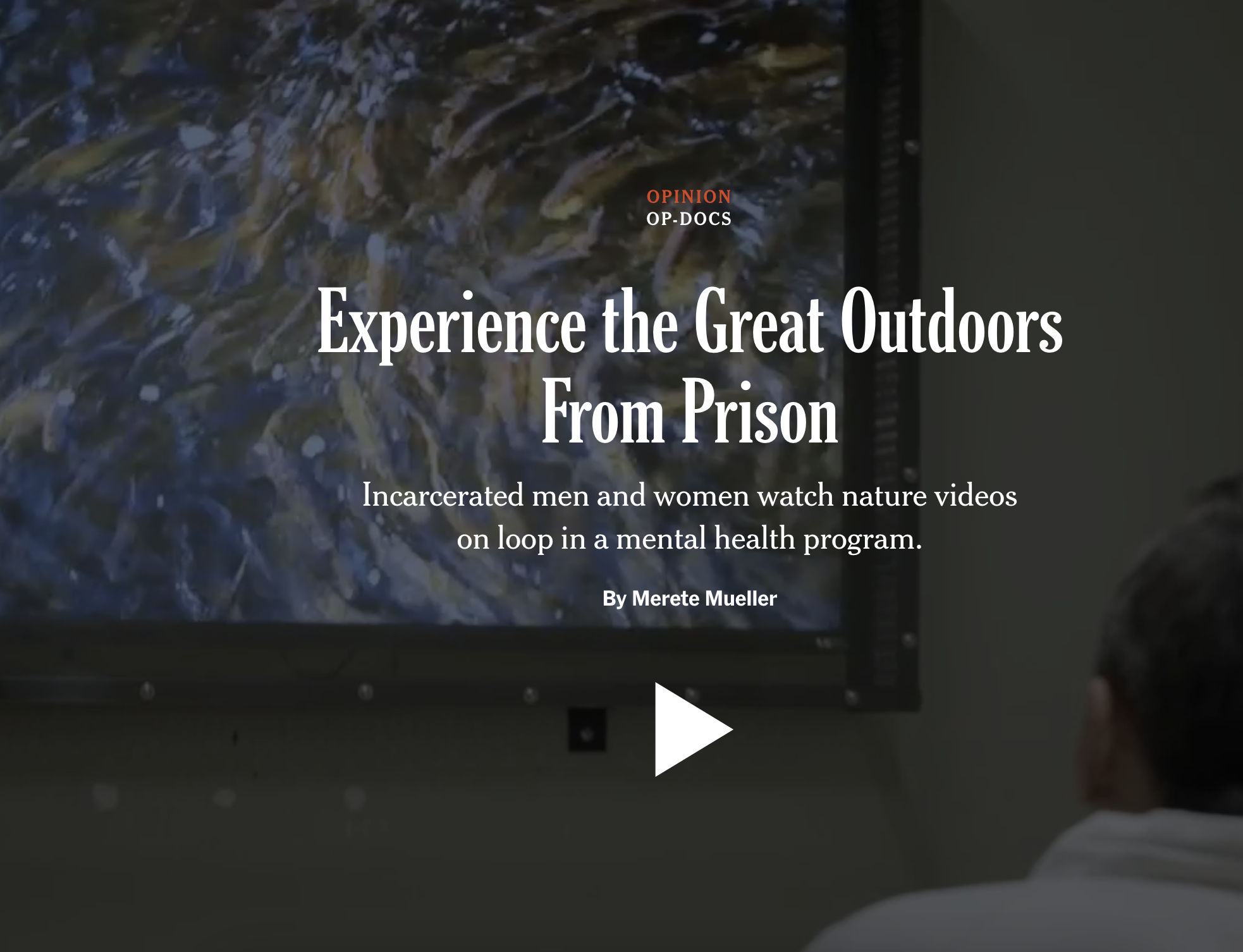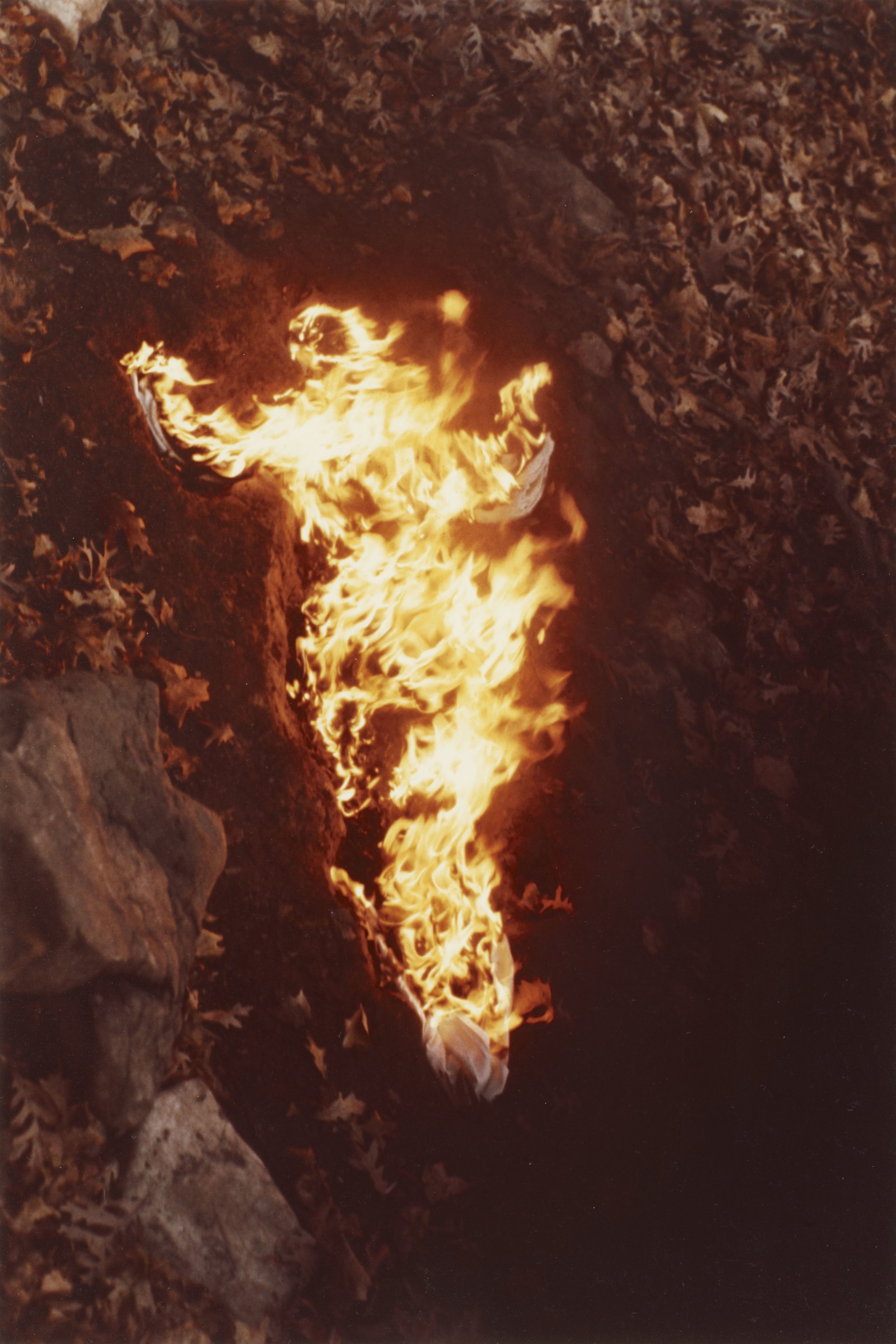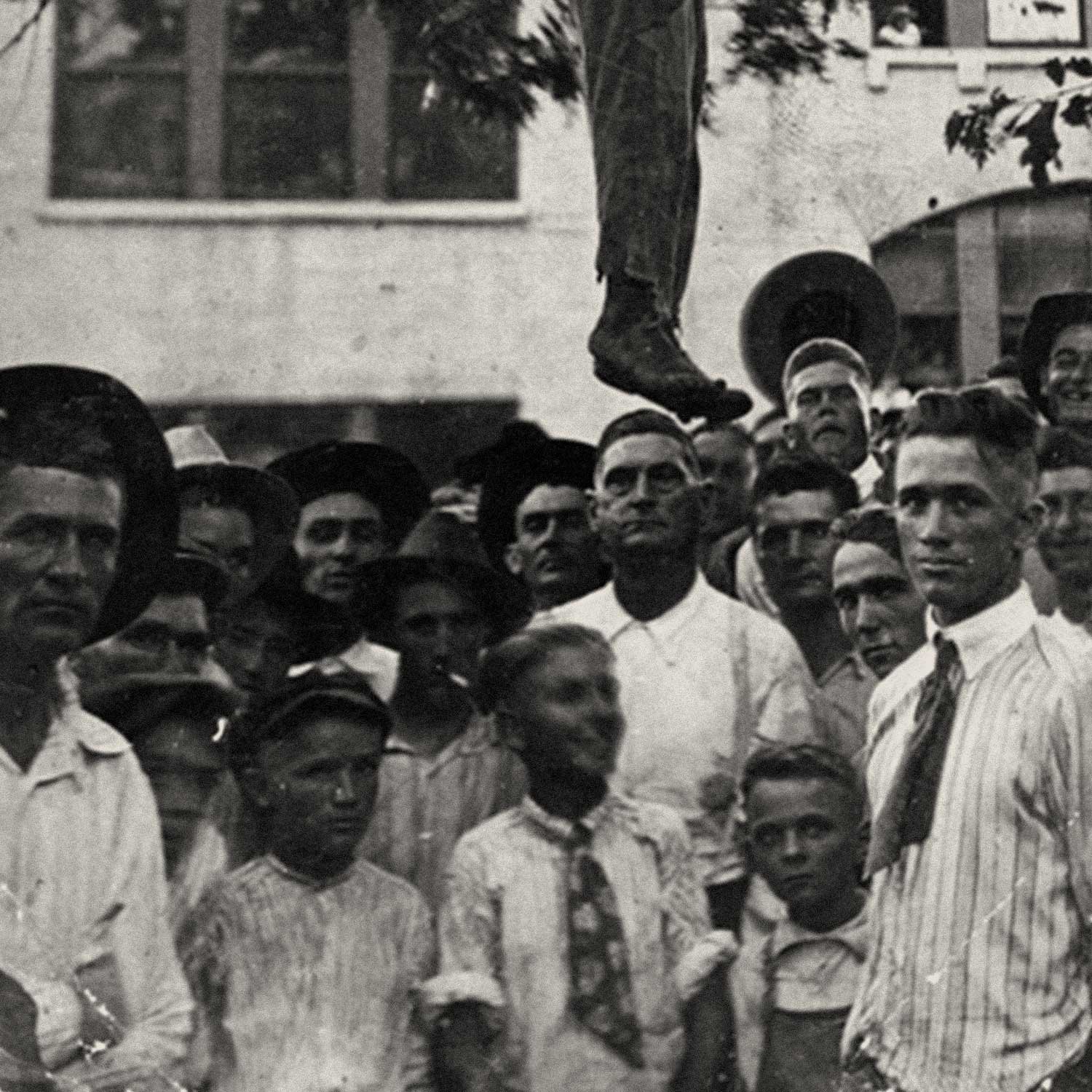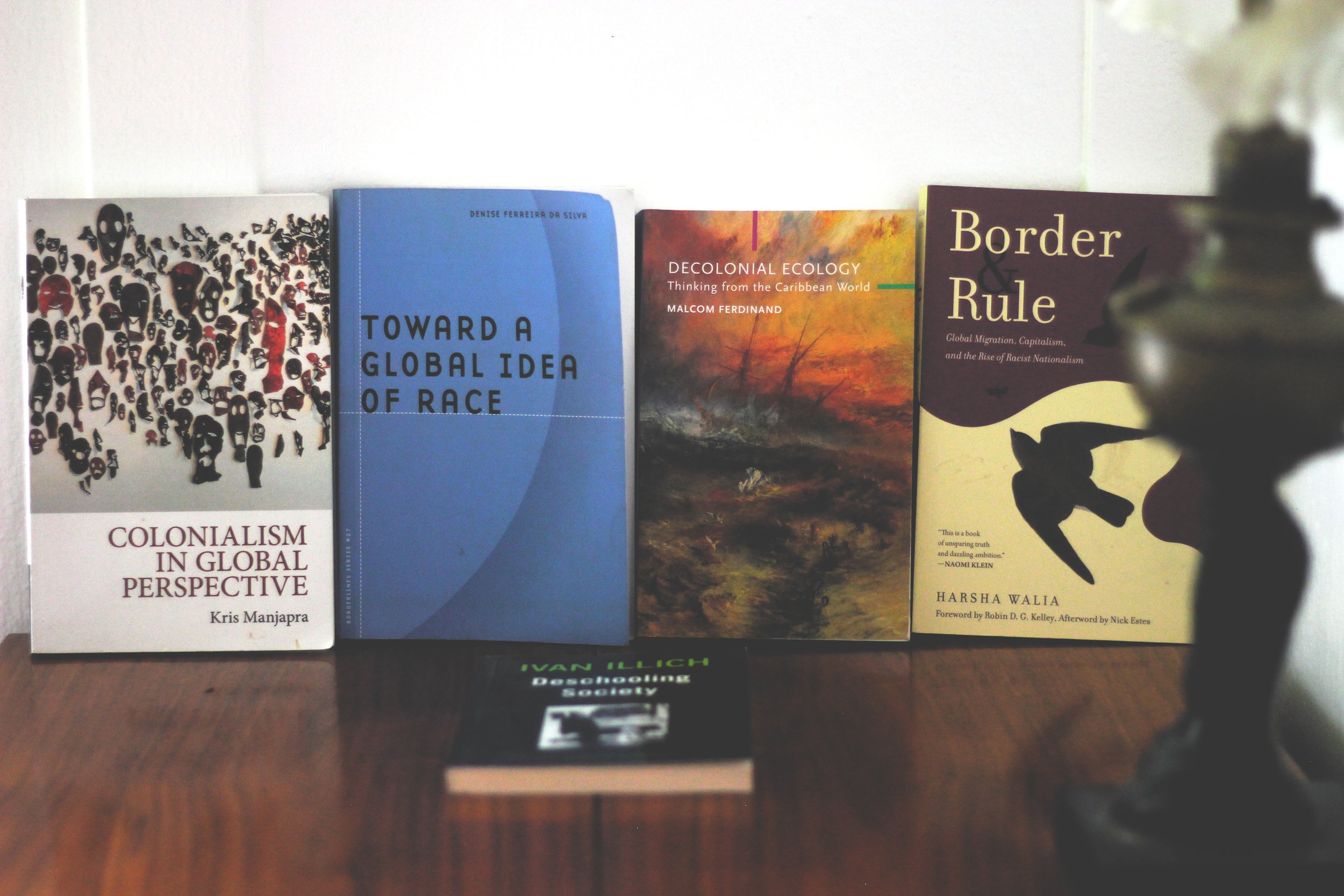
A curatorial project, residency program, and cultural hub designed to redistribute creative energies and challenge colonial systems of knowledge and representation.
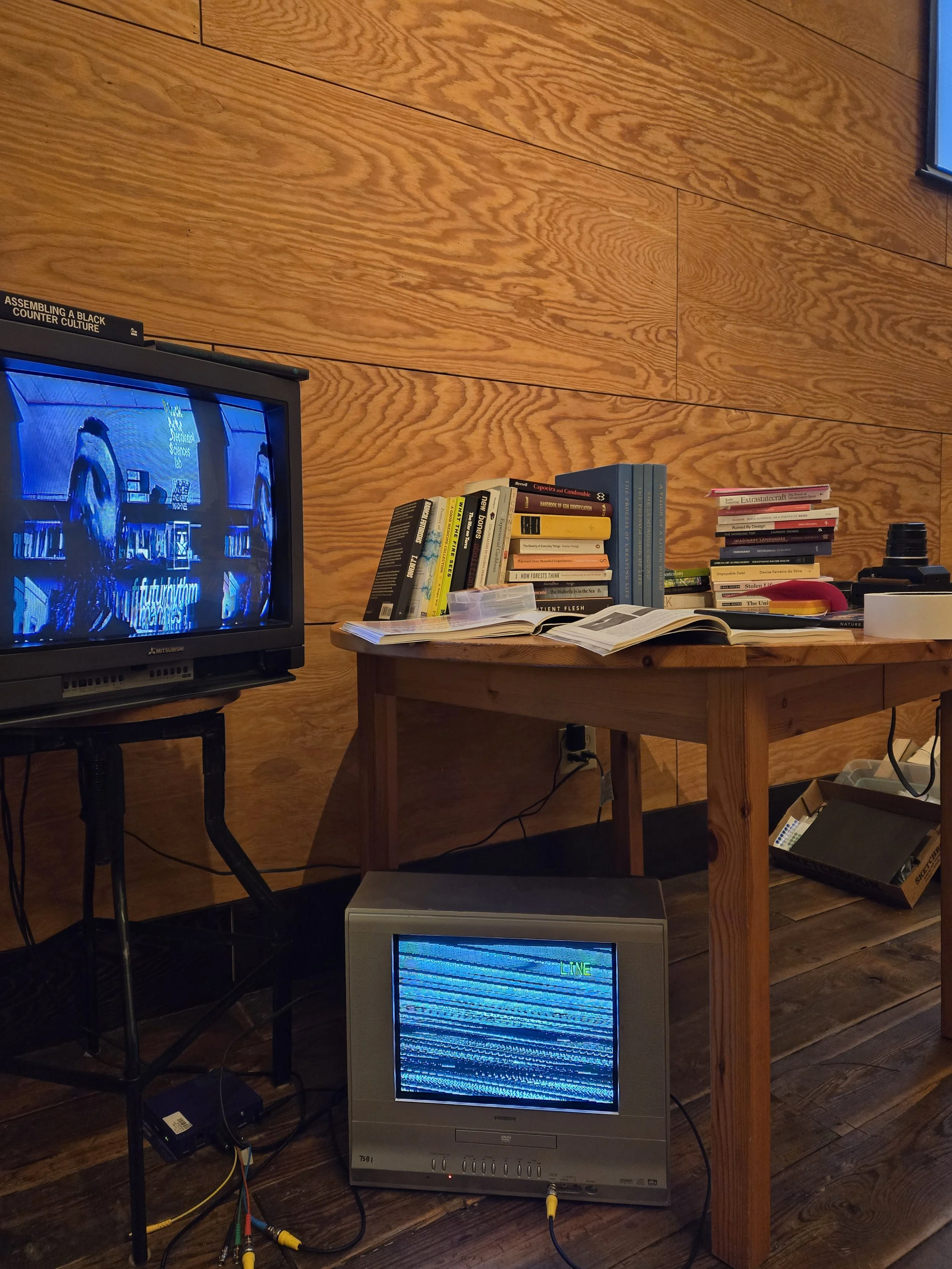
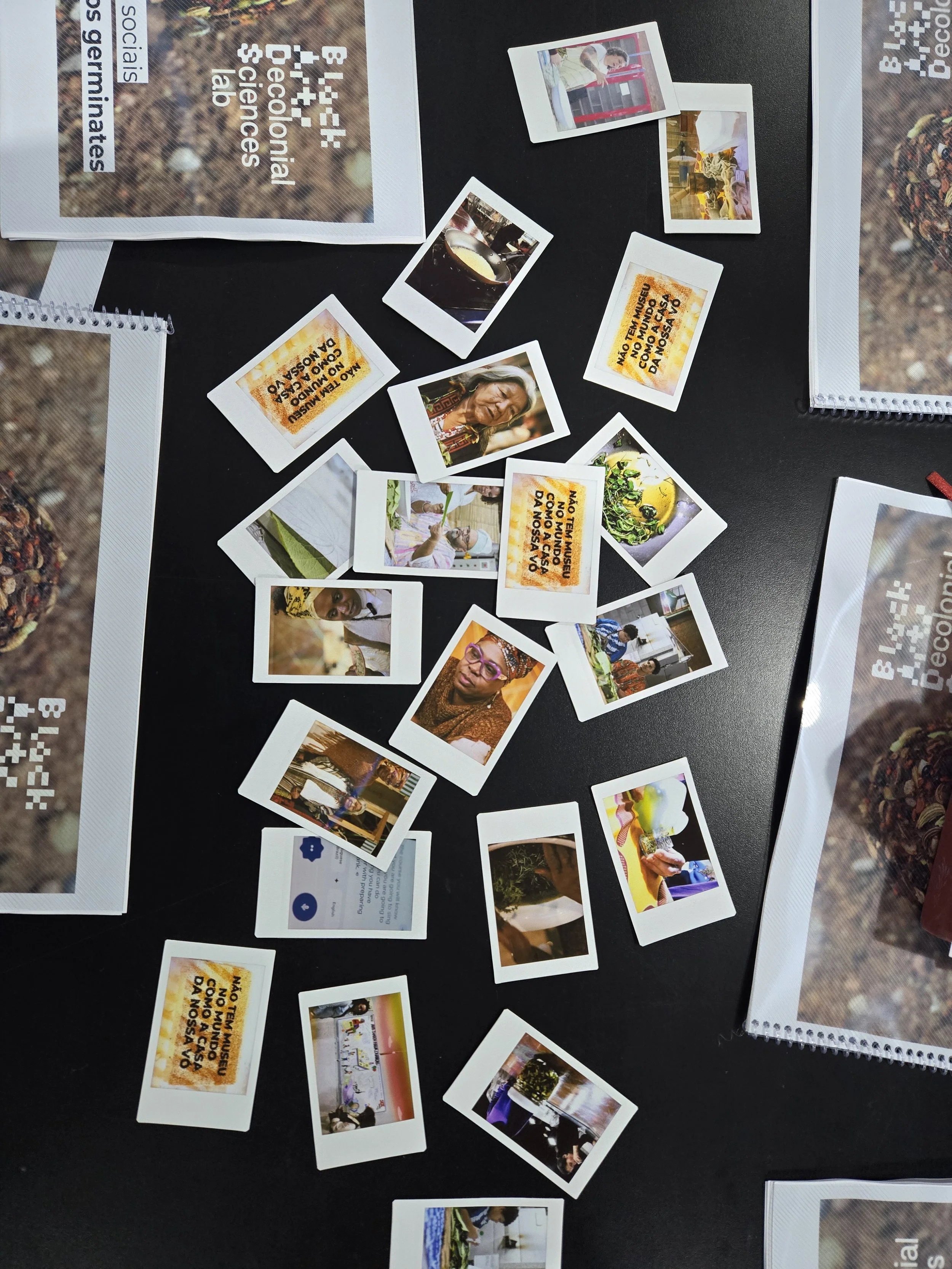
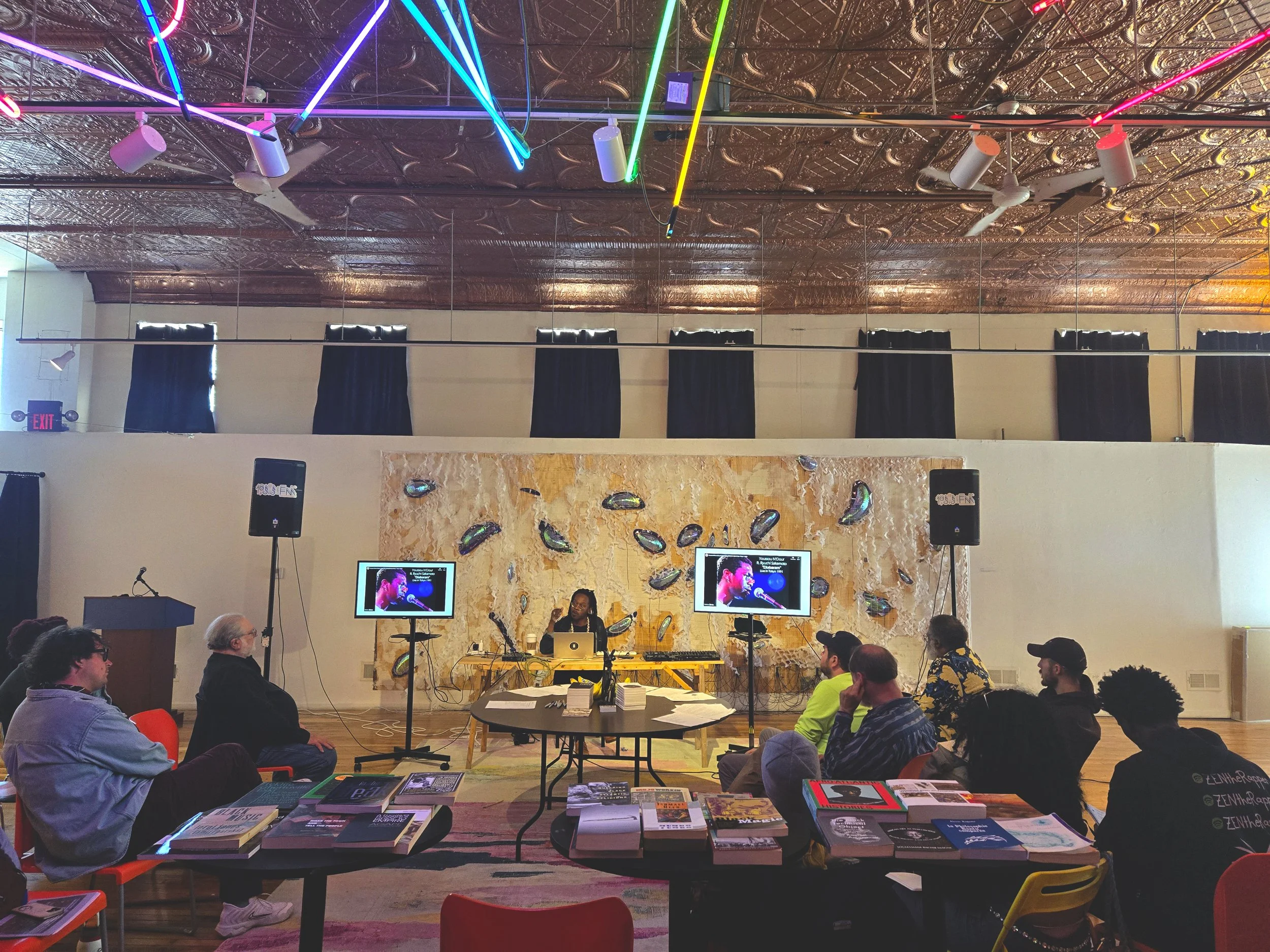
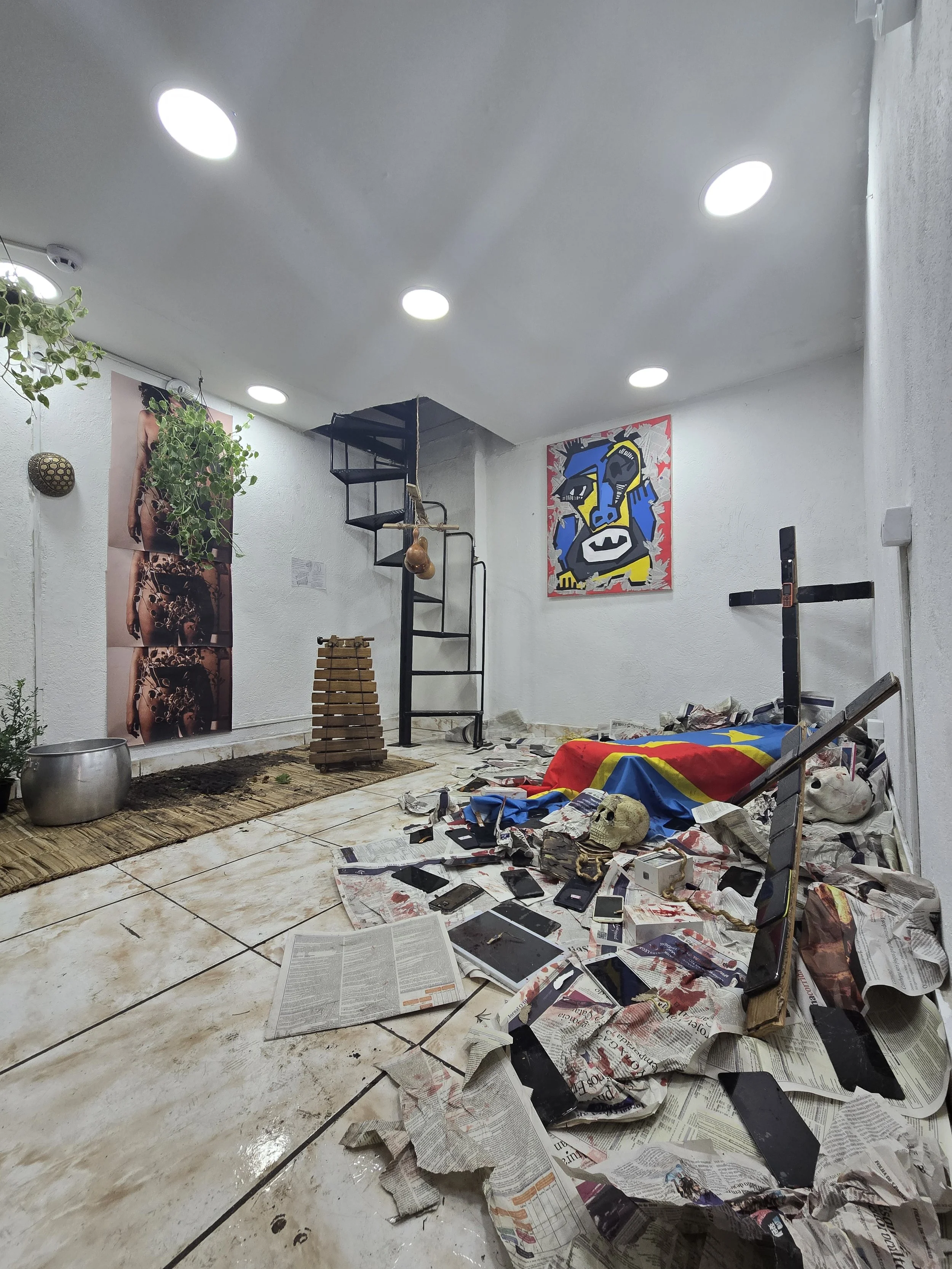
The New Book
Emerging from dialogues, research, and experiments conducted during BADS_lab 2024 and subsequent Futurhythmachines workshops, Fugitive Erotics is a book that explores erotic desire as a dynamic, world-making force that resists containment and (re-)creates sensuality and intimacy in the break.
Cover image © Letaru Dralega
Latest Dispatches
In the colonial era, imperialist war was territorial. In the neocolonial era, imperialist war shifted to regime change. Now a third logic prevails. In the era of extra-colonial competitive control, even regime change becomes unnecessary—often counterproductive. The question is no longer "who holds the state?" but "which armed actors operate in the territory, and whose interests do they serve?"
Over the course of five sessions in 2025, we examined five modalities of imperial violence and the traps that so often accompany resistance. As we open into 2026, it is time to ask the question that has been gathering underneath all along: how do we defend not only ourselves but, more profoundly, our surrounds against imperial violence?
Merikani looks like nothing special. Coarse cotton, often striped, cheap enough to ship by the bale. In drawings and photographs it sits like background noise: cloth wrapped around bodies, folded on market stalls, used as sheeting, traded without ceremony. But when I follow its path, it stops being background. It becomes a diagram of how different oceans were stitched into one economy.
When I say "Black phenomenology," I don't mean a closed canon, though there are thinkers who explicitly use the term. I mean a project: a way of tracking how these histories of flesh, property, and abjection structure the first-person sense of what bodies can do and what is likely to be done to them.
When troops are inserted into the everyday — into subway stations, tourist districts, shelters, street corners — is the aim only “restoring order”? Or is there a quieter wager at work: that somewhere, some desperate person — migrant, refugee, “Ordinary Decent Criminal,” someone already stretched past the breaking point — will snap, and that this rupture can be instrumentalized?
During our reset and catch-up session on October 19th, a small group gathered, but the intimate conversation opened into something expansive: a reframing of how we understand human nature, relational life, and the forces that try to tame them. This primer grows directly out of that conversation and prepares the ground for our next session on “Carrots and Sticks”—behavioral violence, reward and punishment, and the disciplining of the wild.
Considering the Trump administration’s domestic troop deployments as a contemporary instance of what Julian Go calls the “boomerang effect” — imperial violence returning home — and as evidence of what George Jackson would describe as fascism’s regression from a secure to an insecure phase of power.
The City of Chicago did not emerge organically. It was engineered as a logistical node within a settler-colonial Empire — deliberately situated and scaled to serve as the inland hinge of U.S. imperial coordination.
The null hypothesis is the assumption that nothing is happening. No effect is present. No cause can be proved. Empire runs this test on Black flesh. Not to prove guilt. Not to measure wrongdoing. But to see if the system will even register loss.
The link becomes the loop. The node becomes the kink. Our networks are not clean chains of command; we do not connect linearly, but tangentially—each node a mirage of distinction, each link a Möbius kink. What appear to be discrete nodes at opposite ends of a link are, upon recursion, revealed as two approaches to the same point at infinity.
Conceived as a diptych, my two new books play on the distinction between AGAPE—the general will and general antagonisms that shape the molar mass—and EROS—the sensual desire that animates intimate, molecular bonds. Together, they articulate the horizon between resisting the structural violence of Empire and affirming the intimate (in-/re-)surgences of the flesh.
Reflecting on The Economist’s recent coverage of African migration alongside its portrayal of social science research in Africa. Across these articles, African emigration is framed as both demographic inevitability and economic opportunity, while Africa itself is depicted as a global epicenter for experiments ostensibly designed to “save” the poor.
To understand our age of Global Apartheid and Planetary Ecocide is to grasp that "across the planet we are living in a prison." To understand the global prison properly is to recognize that those physically imprisoned are "doubly so." Their condition reveals the sharpened edge of the state’s carceral apparatus.
Encountering the first major exhibition to survey Pan-Africanism’s cultural manifestations, I found myself asking: Where does Panafrica emerge from below—through the circulation of people, sights, and sounds across spaces that lie outside the logics of cataloging, conservation, and curation?
Empire uses institutional violence to surveil, administer, and control lives, often through bureaucratic means that appear neutral. Policies and procedures identify and suppress potential rebels, policing livelihoods in insidious ways.
Empire is not a monolithic institution but an assemblage of abstract and concrete machines—some co-opted from pre-colonial social formations, others with distinctly imperial and colonial origins, and still others emerging from decolonial and counter-colonial resistance, only to be captured and perverted into neo-colonial apparatuses.
Through cultural violence, Empire obscures realities and mystifies histories of resistance, distorting narratives to suppress rebellion. Through its cultural machinery, Empire manufactures a false consensus in which systemic domination is normalized, rebellion is rendered futile, and resistance is framed as dangerous or delusional.
The crisis in Congo is neither recent nor isolated. It cannot be understood apart from Empire’s entrenched legacies of extraction, violence, and control. Over centuries, these forces have repeatedly transformed Congo into a crucible of global exploitation. Congo’s fate offers a grim preview of how power will be contested in other regions without a clear hegemon, where rival blocs vie for dominance by fostering instability and enabling war machines to advance their strategic interests.
This essay redefines Blackness as a condition that both exceeds and honors ancestry. While deeply rooted in shared African descent, Blackness also extends to those whose kinship is analogical and ecological. Black political formations, therefore, are not solely composed of people of African descent but also include those who, under comparable pressures, develop convergent or co-evolving strategies of resistance to racial capitalism’s violence.
This text imagines the making of maroon infrastructures as a world-making practice characterized by four interwoven dimensions: (Administrative) Statements, (Technical) Implements, (Built) Environments, and (Dramatic) Elements. Each dimension plays a vital role in sustaining maroon life amidst conditions of domination and ecological precarity.
This dispatch, written for members of the AGAPE research group, situates U.S.-China competition as a central dynamic in Empire’s mutation, urging critical inquiry into how local and global forms of resistance can exploit and disrupt the fractures within this evolving system. By analyzing the historical, technological, and geopolitical infrastructures that sustain global domination, the text offers insight into how these rivalries shape and exacerbate Global Apartheid and Planetary Ecocide.
This dispatch explores the interconnected struggles of African peoples—on the continent and throughout the diaspora—centering what Kris Manjapra terms the “Black Ghost of Empire,” a spectral force that calls upon Africans across the diaspora to resist Empire’s systems of domination. It examines how the Scrambles for Africa and successive waves of Euro-American settlement have operated in tandem to sustain global racial hierarchies and economic exploitation.
This dispatch draws critical parallels between the domestic counterinsurgency strategies of post-World War II America and the enduring legacy of colonial military policing in postcolonial nations. By interrogating how tactics of control—originally deployed in imperial conquests—have been repurposed both within U.S. borders and by postcolonial regimes, the text explores the erosion of community self-defense and the transformation of resistance into passive documentation.
Empire relies on physical violence to maintain control, deploying militarized force to threaten, brutalize, and kill rebels while flattening sites of rebellion. This session will explore the history and persistence of militarized repression, drawing on texts like Frantz Fanon’s On Violence and Julian Go’s Policing Empires. Together, we will strategize ways to confront and defend ourselves against such brutality.
Empire is currently consolidating its grip over emerging fractures in its system, adapting to crises of legitimacy and resource depletion. Key areas where Empire is poised to act are outlined in this dispatch, followed by a framework to begin developing maroon countermeasures designed to resist these strategies.
Building on the argument that racial capitalism is a virulent variant of patriarchal imperialism, this dispatch examines the forms of patriarchal violence at its core: rape and femicide. It outlines how these violences have mutated through their co-evolution with the techniques and technologies of racializing rule and the relentless imperatives of capital accumulation.
This dispatch explores how trauma is weaponized to sustain global apartheid, distorting care into complicity with oppression. Using the figures of a white boy witnessing racial violence and a Black girl navigating its aftermath, it examines how trauma conditions individuals to uphold systems of domination.
This dispatch interrogates the mechanisms of control that sustain Empire. It explores how force, the raw application of strength, transitions into power—an insidious and systemic architecture that perpetuates dominance long after Empire’s forces have withdrawn from the battlefield.
